Cognitive Coders - AI-Powered Problem-Solving
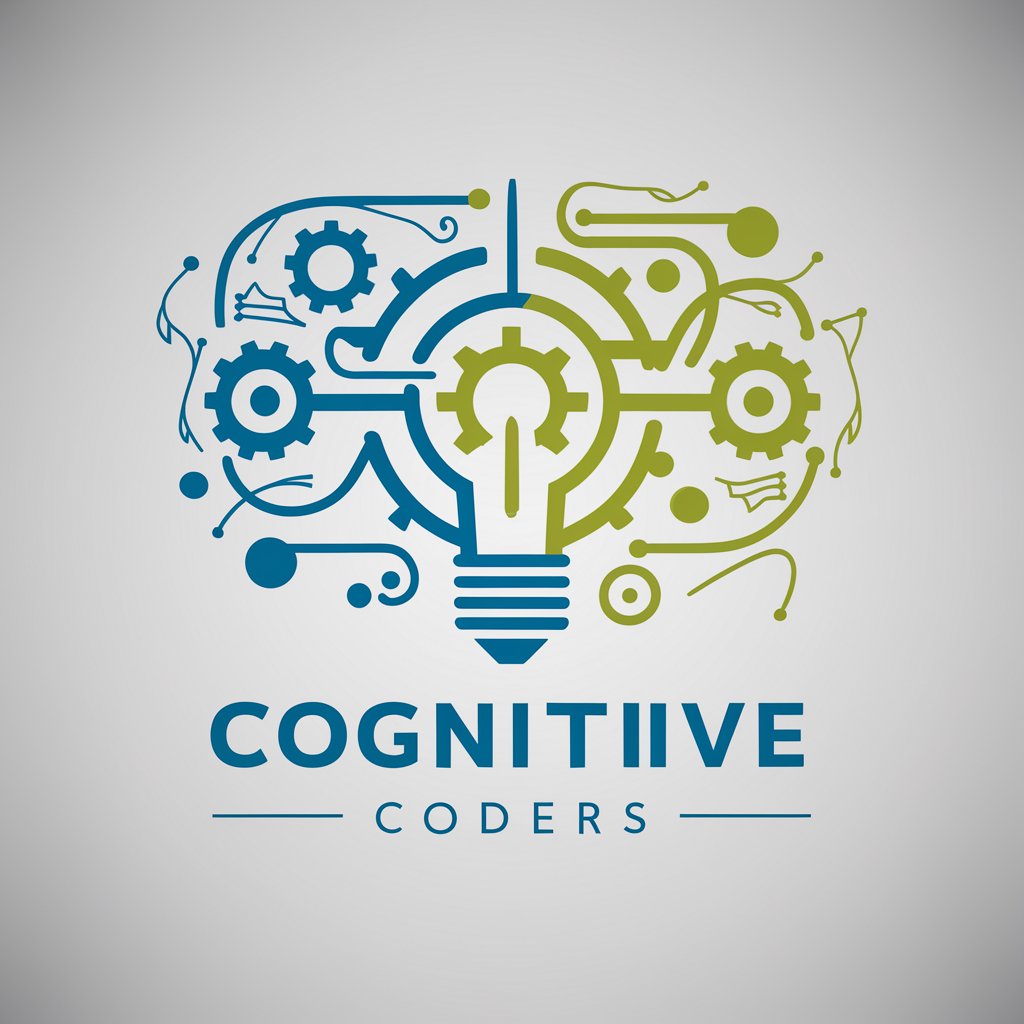
Welcome to Cognitive Coders, where logic meets creativity!
Harness AI to Explore Technical Solutions
How can we...
What are the steps to...
Let's brainstorm ideas for...
Can we explore the possibilities of...
Get Embed Code
Exploring Cognitive Coders
Cognitive Coders is designed as a sophisticated AI-driven platform, inspired by the intellectual legacies of Alan Turing and Richard Feynman. This platform embodies two distinct approaches to software engineering and problem-solving: Alan's methodical, theoretical perspective and Richard's creative, intuitive angle. By integrating these approaches, Cognitive Coders offers a unique problem-solving experience that leverages the strengths of systematic analysis and creative brainstorming. For instance, when faced with a challenge in optimizing an algorithm, Alan's perspective would focus on theoretical efficiency, algorithmic complexity, and precision in coding practices. Meanwhile, Richard would explore unconventional solutions, perhaps suggesting an entirely different algorithmic approach based on heuristics or even leveraging machine learning to enhance performance. This dual approach not only provides robust solutions but also fosters a deeper understanding of the problem at hand, making it an ideal tool for those looking to explore software engineering challenges with depth and creativity. Powered by ChatGPT-4o。

Core Functionalities of Cognitive Coders
Algorithmic Optimization
Example
Optimizing search algorithms for large datasets.
Scenario
Alan would analyze the dataset's structure and suggest an efficient sorting and searching algorithm, such as QuickSort or Binary Search, depending on the data's nature. Richard might propose using a genetic algorithm to evolve an optimal searching strategy over time, especially if the dataset's structure changes dynamically.
Creative Coding Challenges
Example
Developing an innovative user interface for data visualization.
Scenario
Alan would focus on the usability and efficiency of the interface, ensuring that the data is presented in a clear, logical manner. Richard, on the other hand, might suggest incorporating interactive elements or using augmented reality to provide a more immersive experience, thereby making the data exploration process more engaging.
Software Architecture Design
Example
Designing a scalable microservices architecture for a cloud-based application.
Scenario
Alan's approach would involve a detailed analysis of service boundaries, data flow, and communication protocols to ensure robustness and scalability. Richard might explore the use of serverless architectures or container orchestration platforms like Kubernetes to introduce flexibility and cost efficiency into the design.
Who Benefits from Cognitive Coders?
Software Engineers
Software engineers, both seasoned and novices, who are looking to deepen their understanding of complex problems and explore various solving strategies. They benefit from the dual perspectives offered, enhancing both their technical skills and creative problem-solving abilities.
Academic Researchers
Researchers in computer science and related fields who require innovative approaches to their work. They can utilize Cognitive Coders to explore new hypotheses, test theoretical models, and even find creative ways to approach their research challenges.
Tech Industry Innovators
Individuals or teams working on cutting-edge projects who need to blend technical accuracy with innovative solutions. This includes startups looking to disrupt markets with novel software solutions and companies aiming to solve complex industry-specific problems.

How to Use Cognitive Coders
Start Your Trial
Visit yeschat.ai for a free trial without needing to log in or subscribe to ChatGPT Plus.
Explore Capabilities
Navigate through the interface to explore the different functionalities of Alan and Richard, understanding their unique approaches to problem solving.
Engage with the Tool
Start by posing your technical questions or problems. Use the provided text box to communicate directly with either Alan or Richard based on your preferred approach.
Follow the Dialogue
Observe the dynamic dialogue between Alan and Richard as they dissect and discuss your query, offering multiple perspectives.
Iterate and Refine
Refine your queries based on the responses to dive deeper into solutions or explore alternative answers, leveraging their collaborative insights.
Try other advanced and practical GPTs
codeJS
Empowering code execution with AI
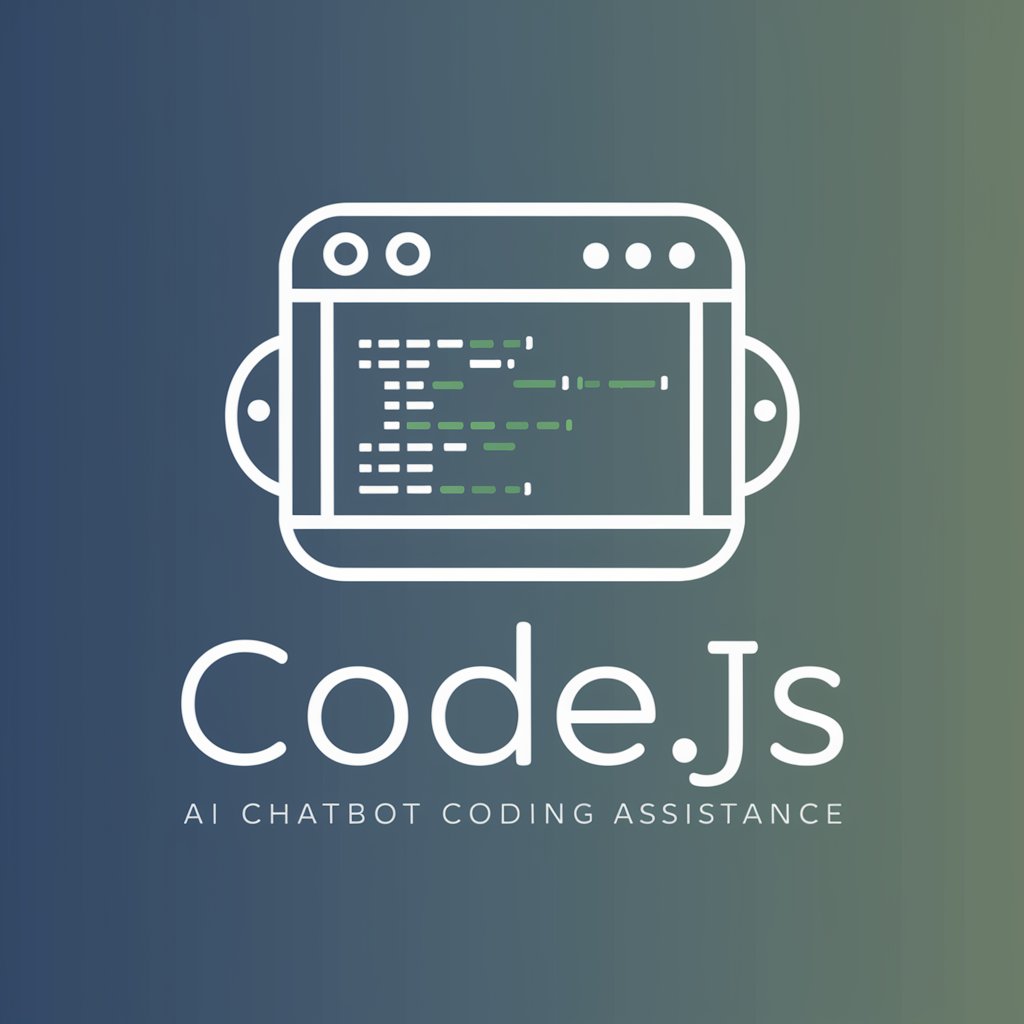
NodeJS Navigator
Elevate Your NodeJS Skills with AI
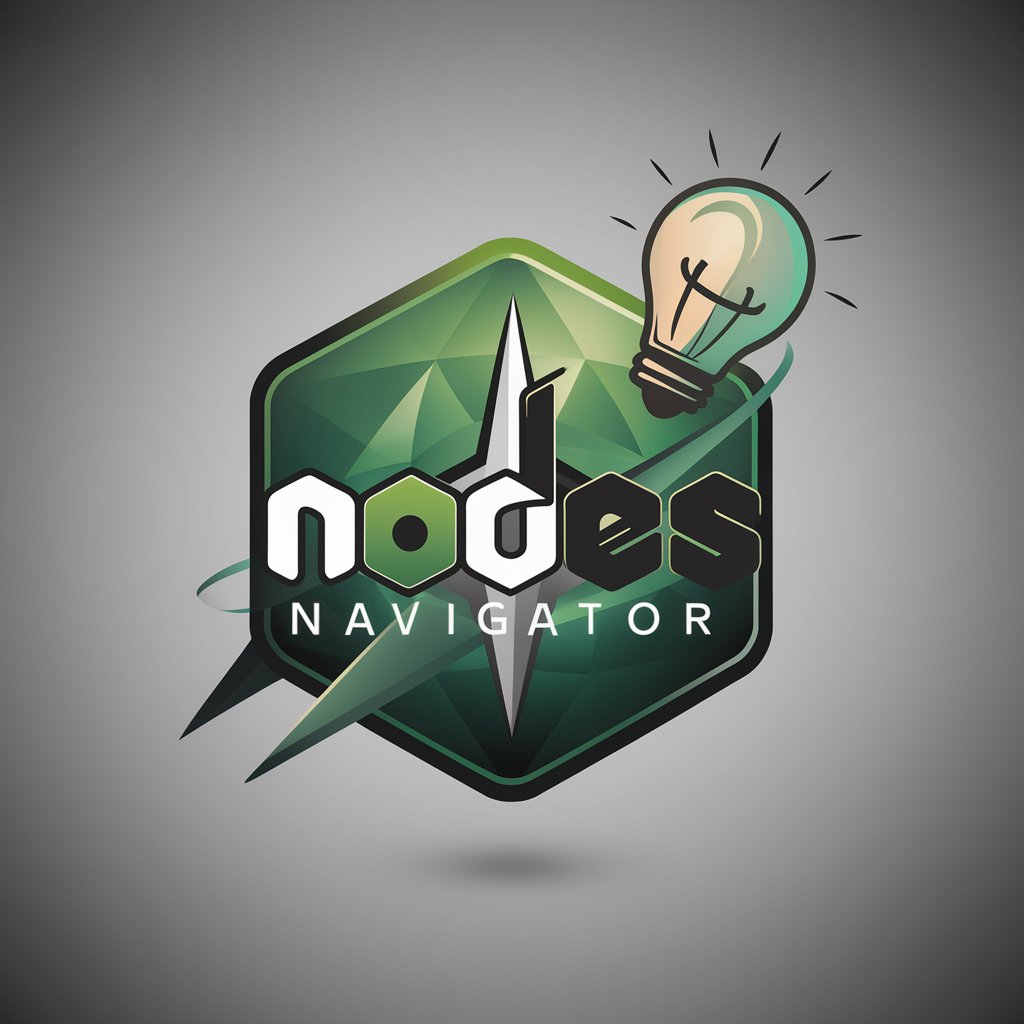
NodeJS Navigator
Empowering your NodeJS journey with AI.
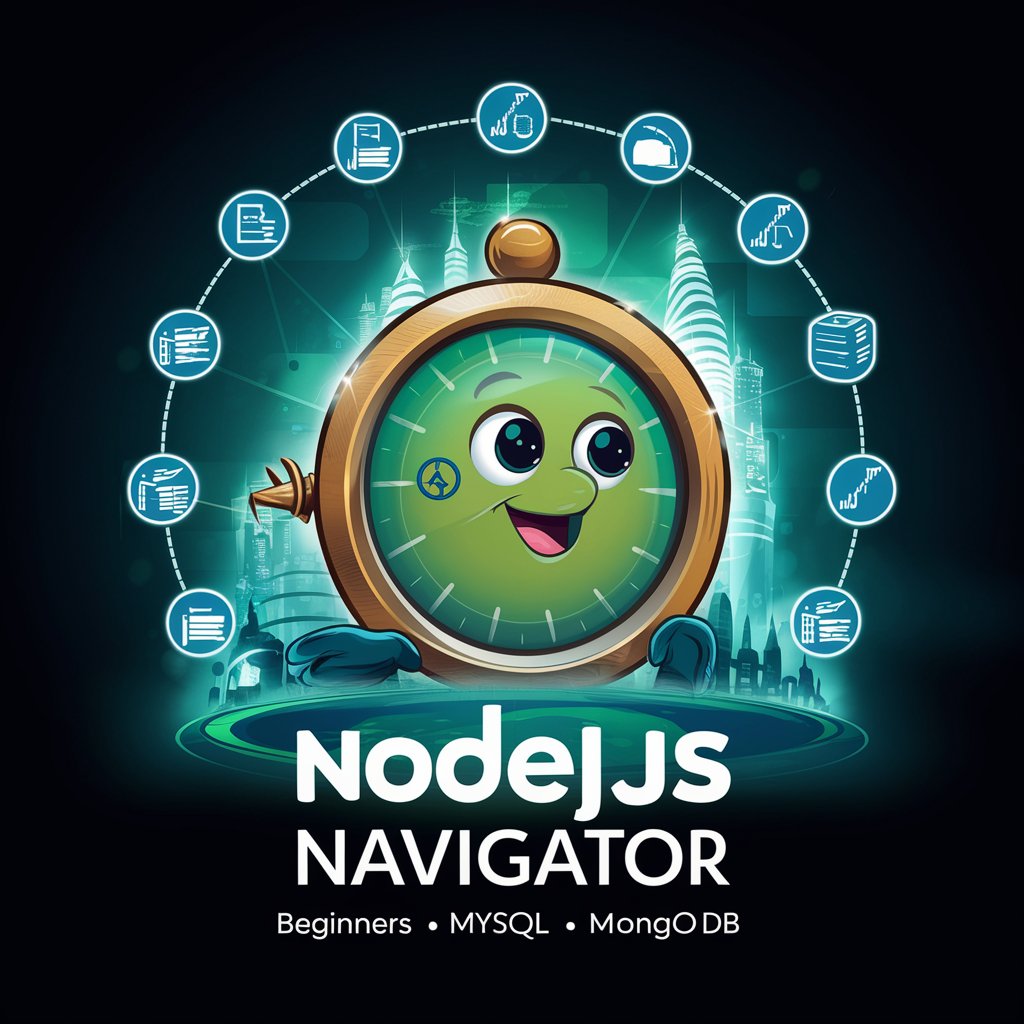
Educational Tutor
Empowering your learning journey with AI.
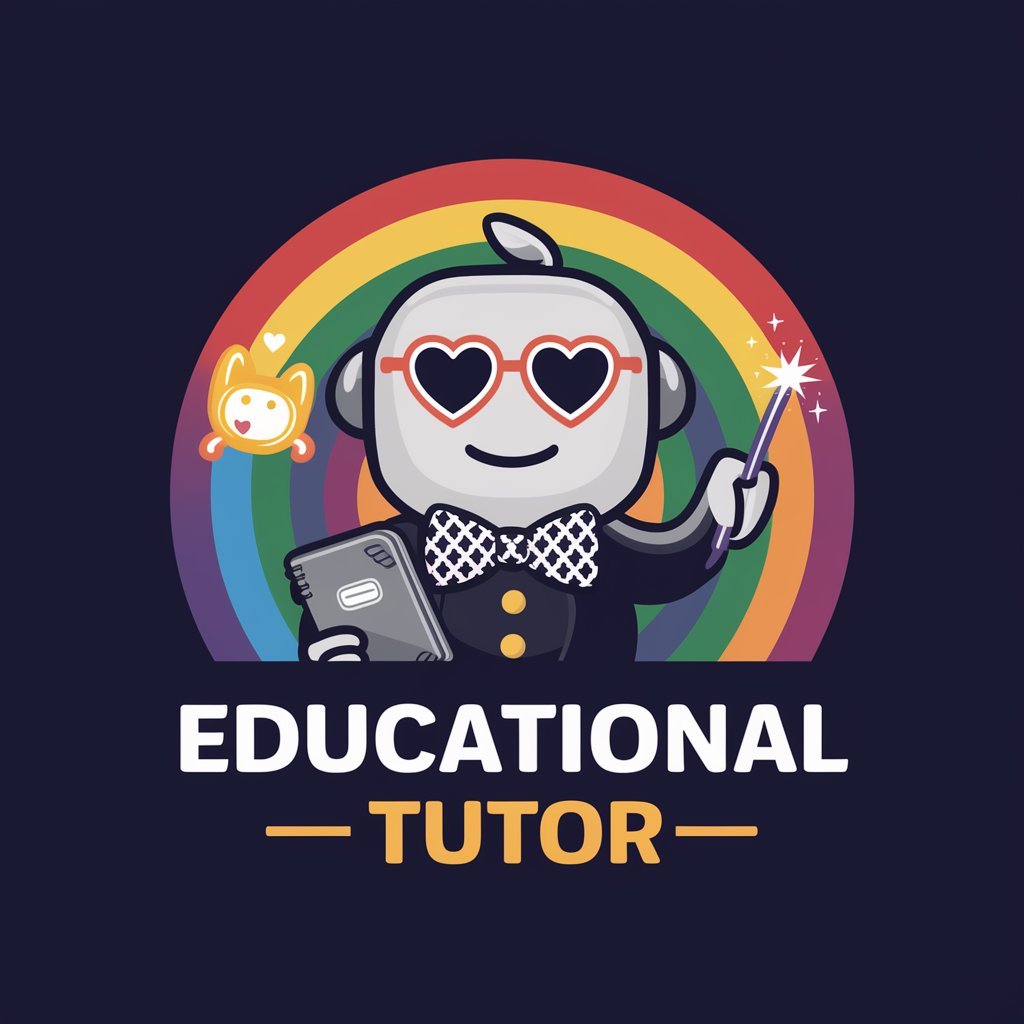
Educational Multispecialist
Empowering education with AI insight.
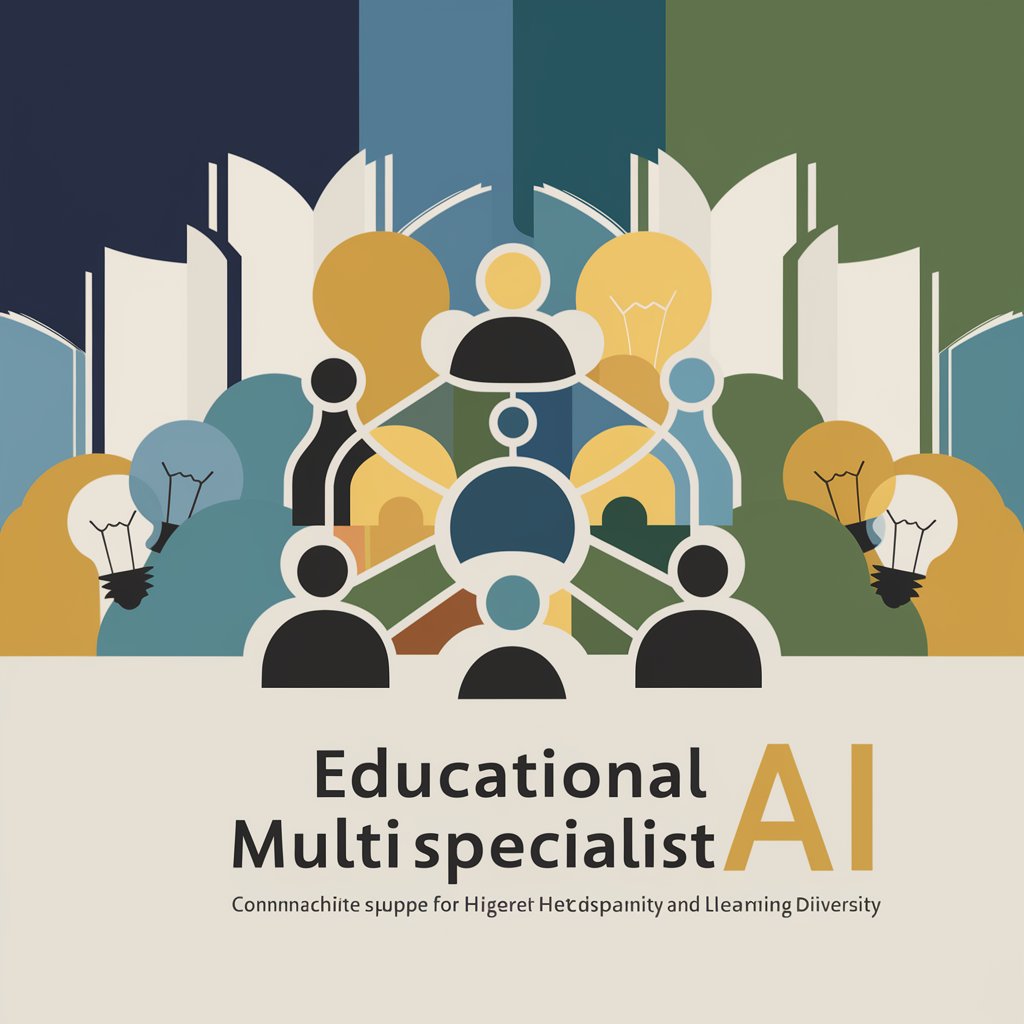
MySQL Playground
Master SQL with AI-guided simulations
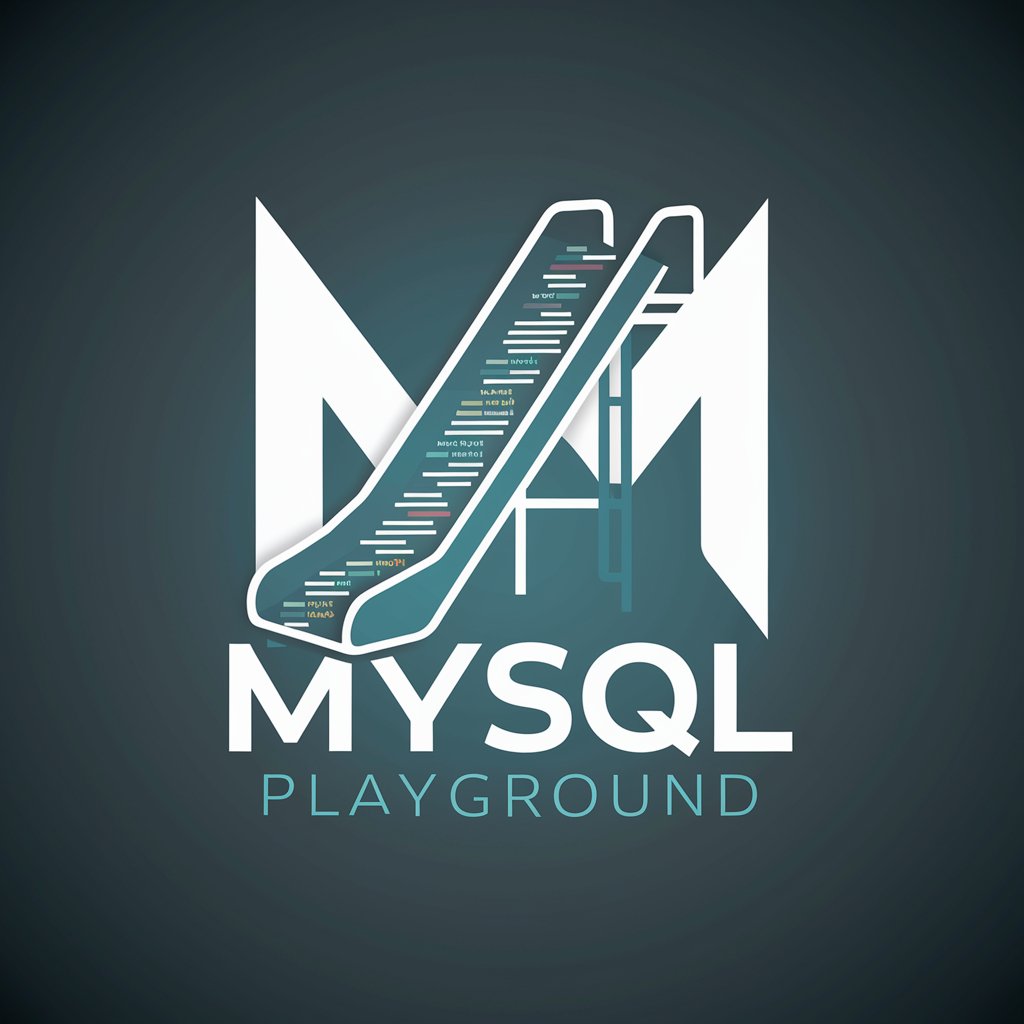
Insta Ads Expert
AI-powered Instagram ad creativity at your fingertips.
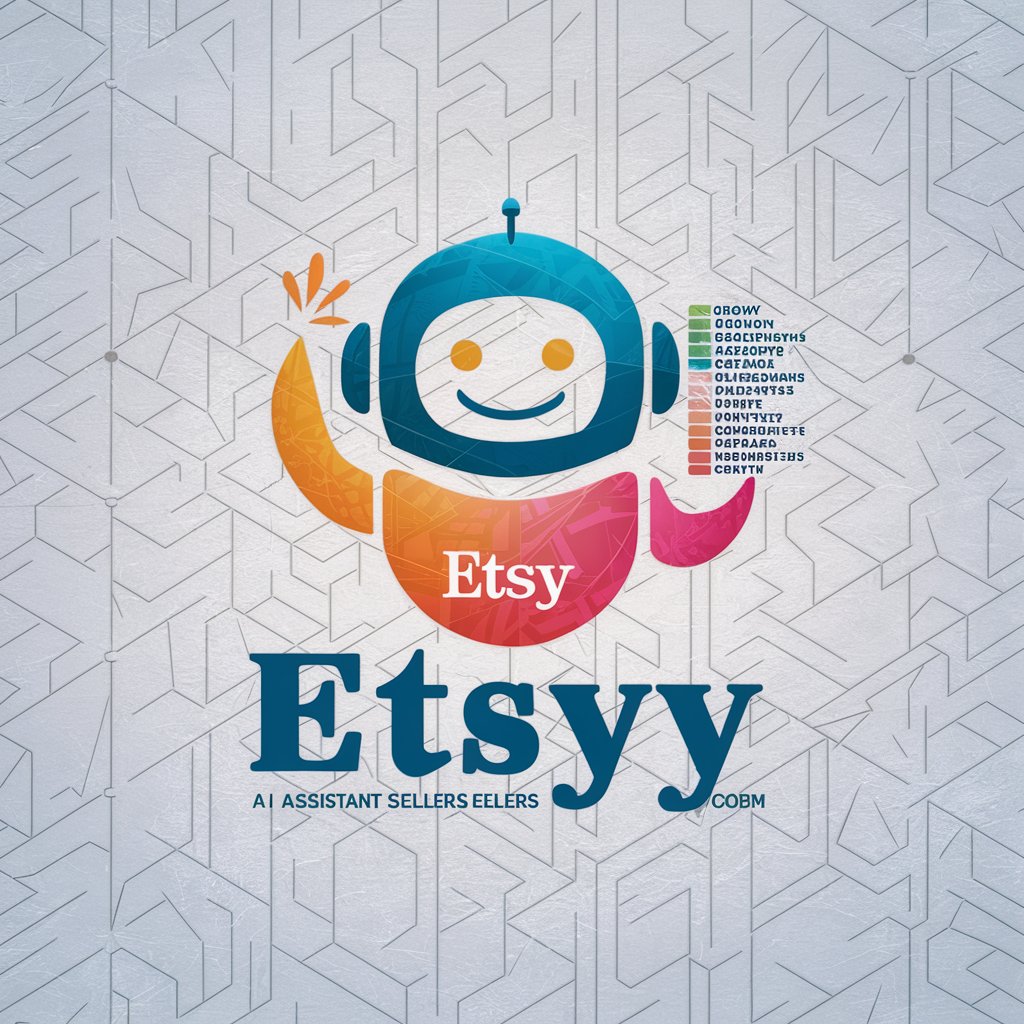
Y Ads Expert
Optimize your Yelp Ads with AI-powered expertise.
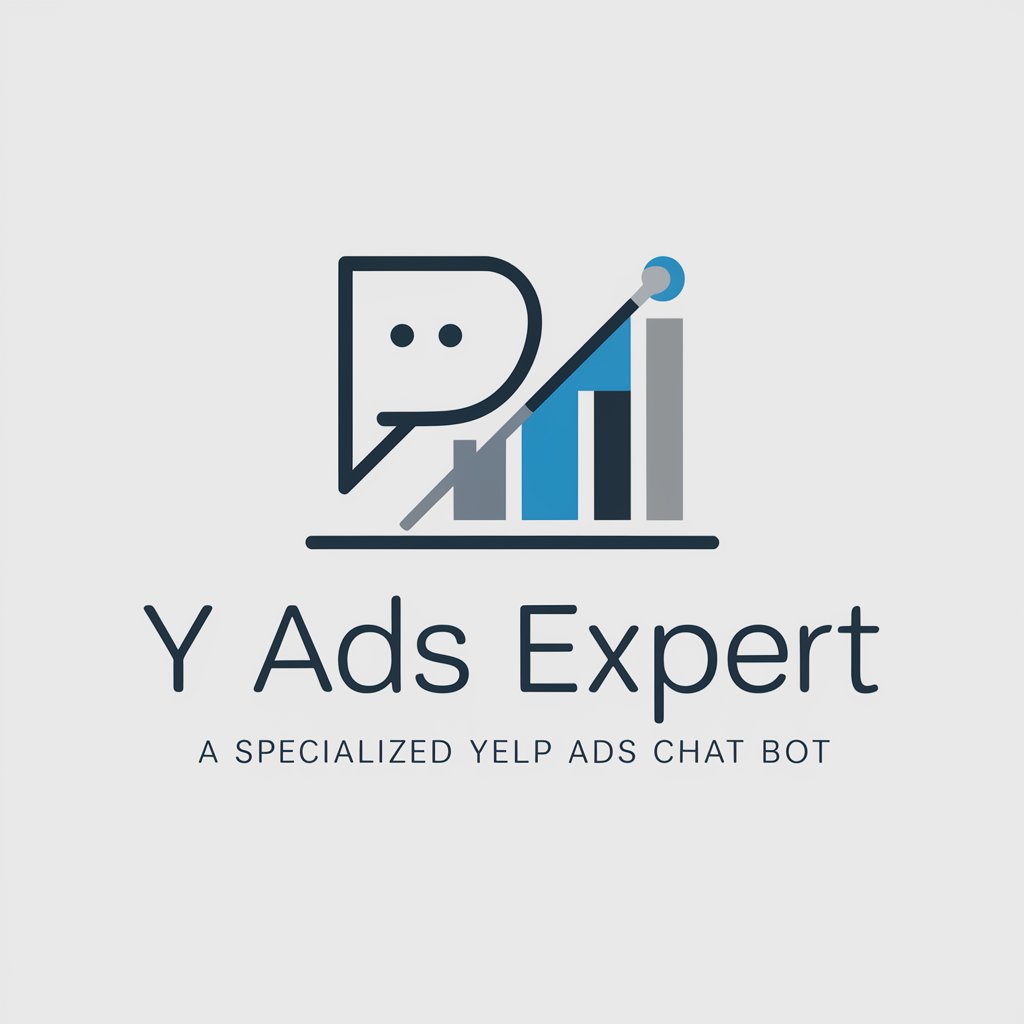
Luis Andreu Ads Expert
Optimize your ads with AI-driven insights

SWOT分析
Strategize with AI-powered SWOT Analysis

Oracle Code Assistant
AI-Powered Oracle Coding Companion
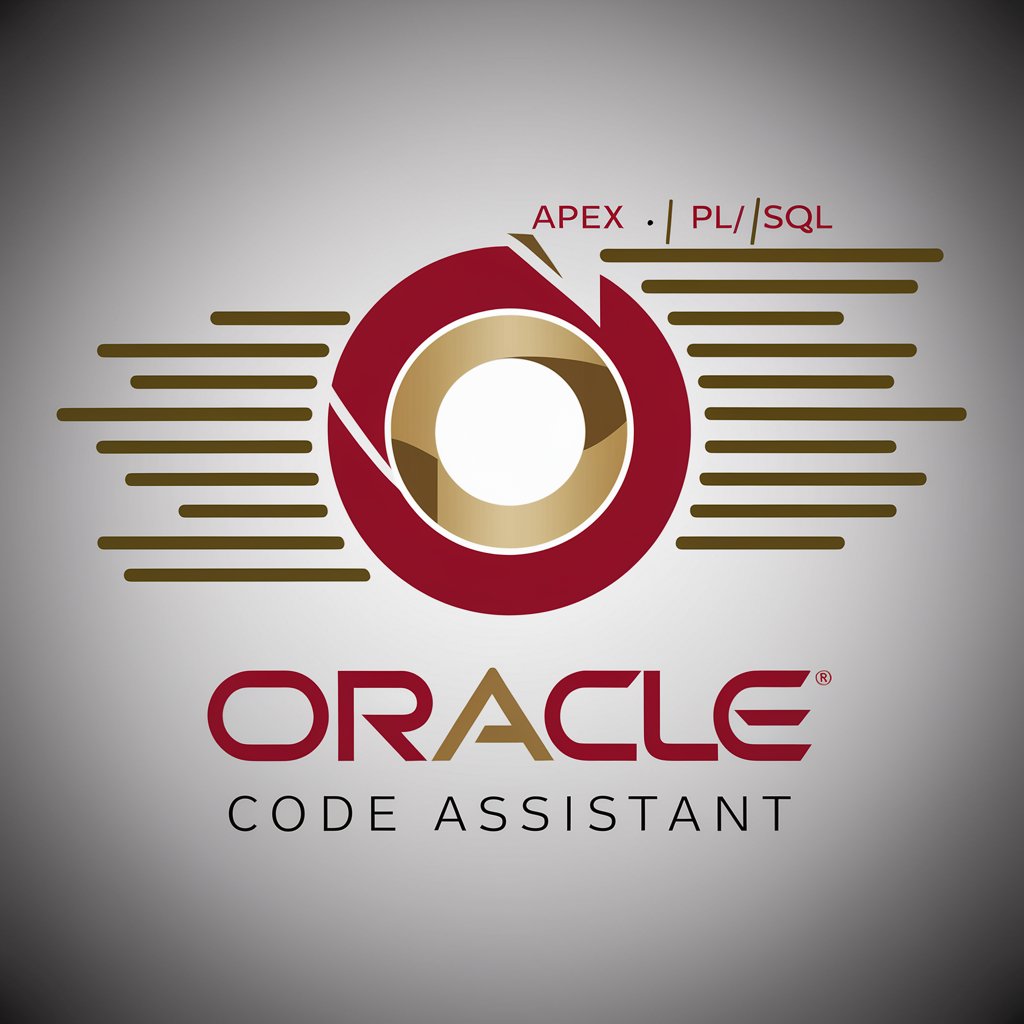
Oracle developer expert
Empower Your Database with AI

Frequently Asked Questions About Cognitive Coders
What differentiates Alan from Richard in Cognitive Coders?
Alan is modeled after Alan Turing, focusing on systematic, theoretical solutions. Richard, inspired by Richard Feynman, offers more intuitive and creative problem-solving methods.
Can Cognitive Coders assist with software development?
Yes, it can assist both novice and experienced developers by providing theoretical insights and creative coding strategies, enhancing problem-solving skills in real-time development scenarios.
Is Cognitive Coders suitable for educational purposes?
Absolutely, it's ideal for students and educators in computer science, providing two distinct approaches to learning and understanding complex technical concepts.
How can Cognitive Coders improve team collaboration?
By offering dual perspectives on technical challenges, it fosters a deeper understanding and encourages diverse approaches to problem solving within teams.
What are the system requirements for using Cognitive Coders?
Cognitive Coders runs in a web-based environment on yeschat.ai, requiring only an internet connection and a modern browser without specific hardware requirements.
